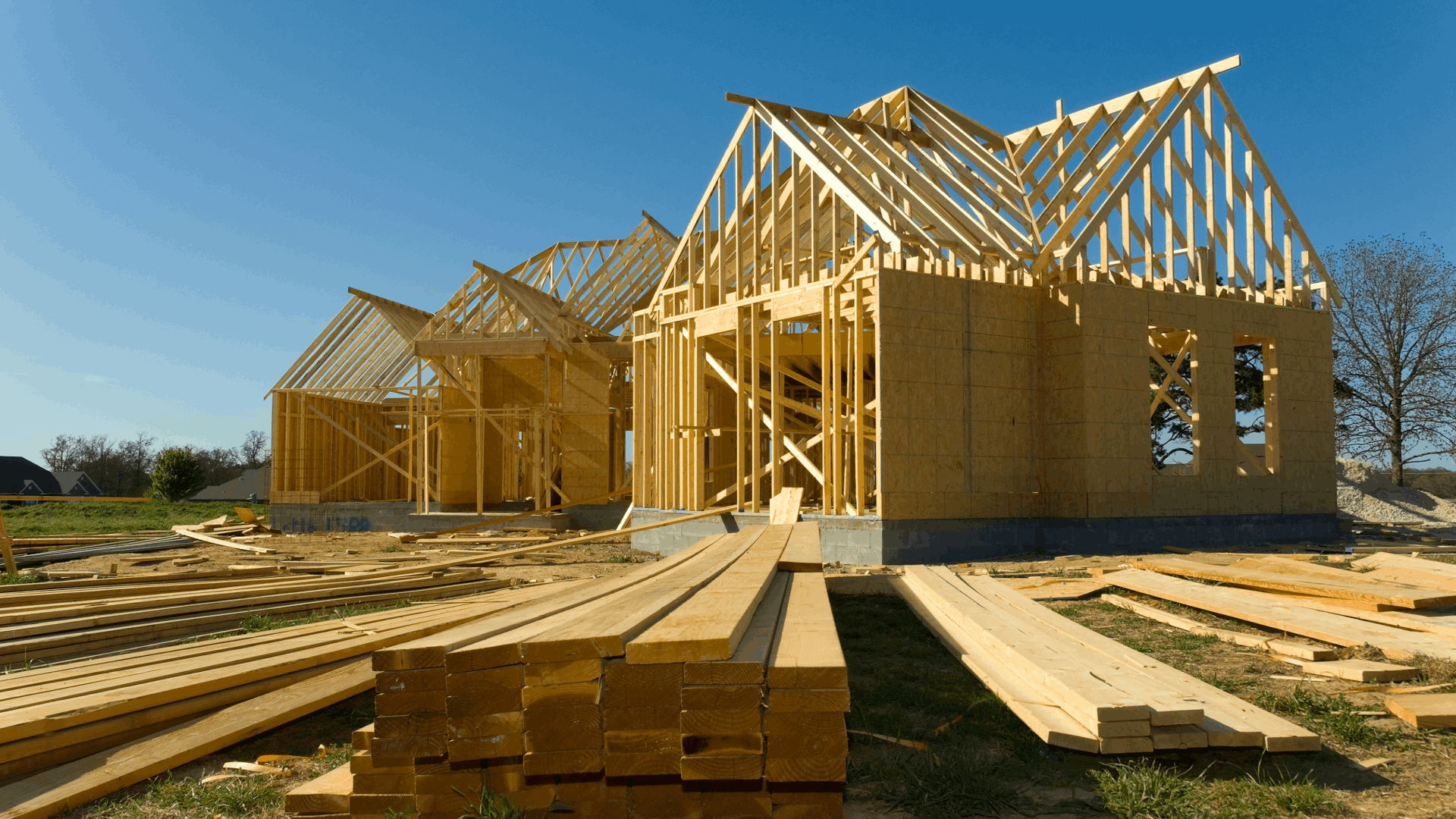
5 Things to Look for While Touring a Home
When embarking on the exciting journey of buying a home, it's crucial to be well-prepared and knowledgeable about the process. One of the most important steps in purchasing a home is touring potential properties. This is your opportunity to see if a house matches your needs and preferences. To make

How to Buy a Home in 2024
The year 2024 is an exciting time to be in the market for a new home. As the real estate industry continues to evolve and adapt, there are several key factors to consider when buying a home. In this blog post, we will discuss the steps to buying a home, provide tips to help you make good offers, and

Home buying in the Spring 2024
Springtime is often considered the busiest season for the real estate market, and spring 2024 is no exception. As the weather warms up and flowers start to bloom, many potential buyers are eager to find their dream home. However, with a surge in buyer competition, it's essential to know how to get a
Categories
Recent Posts










